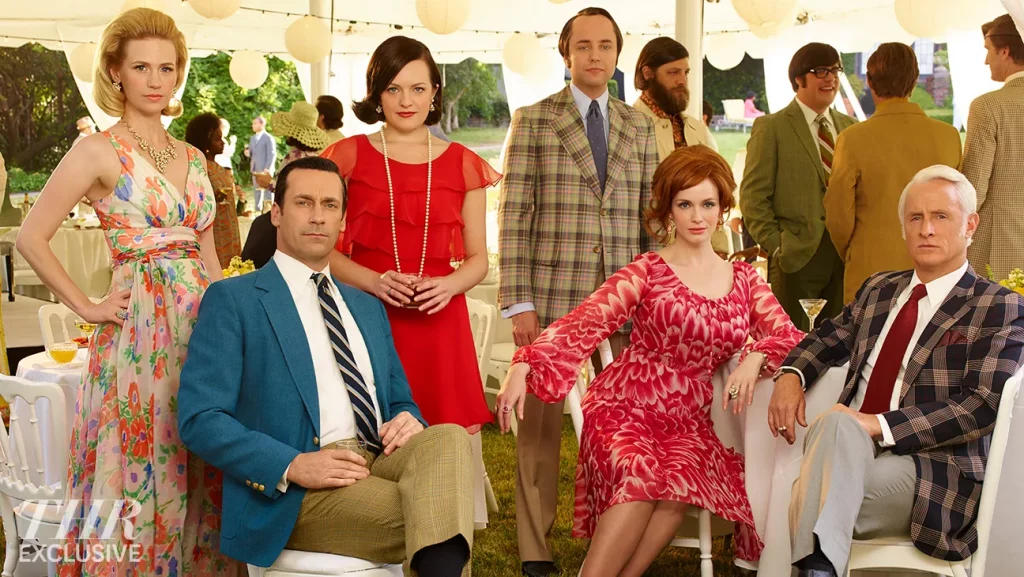Is AI advertising going to be too easy for its own good?

Just to be clear, this is not a post that’s just crapping on AI for the sake of it.
To all the AI fanboys: I understand that it’s great for medical stuff, summarising things and creating low-quality creativity that needs human help to be halfway decent.
Also, yes: the owners of AI make money by using a ridiculous amount of power and water to steal work from all over the internet, and has yet to convince Wall Street that it’s going to be profitable.
But let’s put all that aside. This is about AI creating ads.
The other day I was reading a LinkedIn post about the German National Tourist Board creating an ad presented by an AI ‘influencer’ that will show you some artificially images of Germany in a creepily robotic and soulless manner.
I commented that ‘if Germany can’t be bothered to make a real ad, why should I be bothered to make a real visit?’.
I hadn’t really thought that through 100%, but as I gave it more consideration the penny dropped: AI is intrinsically about doing things faster, at lower cost and with less effort.
That all sounds great if you’re the one making the stuff. However, if you’re the one receiving it, you will be aware that someone somewhere thought you weren’t worth the time and effort to make something with craft, cost, care and consideration.
As Rory Sutherland said, ‘When Human beings process a message, we sort of process how much effort and love has gone into the creation of this message and we pay attention to to the message accordingly. It’s costly signaling of a kind’.
Imagine it’s your birthday. Would you prefer a generic store-bought cake, or one that someone had taken the time to make properly, with the exact ingredients that you like, and your own name piped on the top instead of a perfect, machine-lettered, one-size-fits-all ‘Happy Birthday’?
And what would you think about someone who dashed into M&S on the way to your house to buy a Colin The Caterpillar, versus someone who planned your perfect cake three weeks earlier?
If you have something important to say (which is how most clients think of their communications), then saying it cheaply and quickly seems a bit odd, as if you don’t value it after all.
Whereas the use of craft, time, effort, thought, consideration and expense intrinsically implies that the message really matters.
It’s a little like digital vs traditional media. A little box on Facebook feels ephemeral and valueless; here today, gone later today. But a billboard or a TV ad feels more like somebody, somewhere gave a proper shit about what they wanted to say, suggesting that you should give a similar shit in return.
The whole point of AI is to crank out quantity as cheaply as possibly. Yes, eventually the quality will improve, but as long as we know that what we are being served is AI-generated, we will know that the people responsible just didn’t care that much about what they were saying.
Messages come to us in two ways: style and content. Even if the latter is brilliant, the former can always drag it down.
Convenience and cheapness have their place, but the value people will take from our work will only be equal to the value we put into it.
Sure, AI can do what it can to disguise the convenience/lack of effort, or pretend it wasn’t responsible, but if we enter a world where it has to reveal itself for copyright reasons, we’ll know, and when we know, we won’t care as much.

